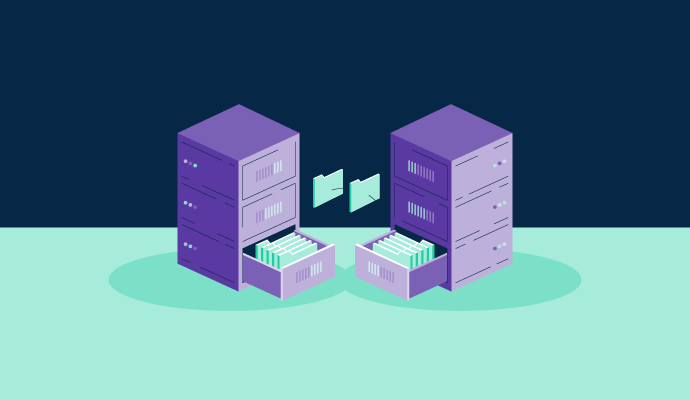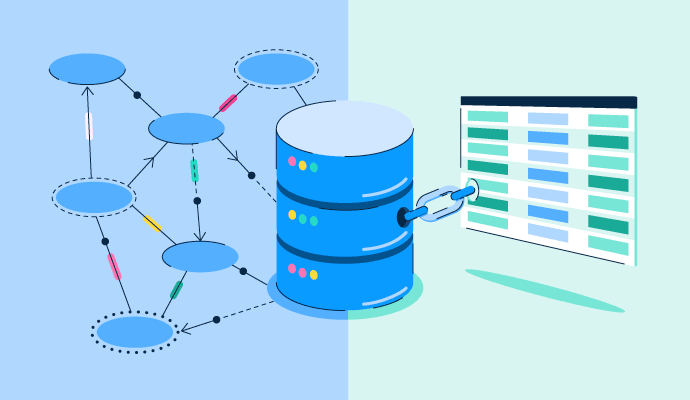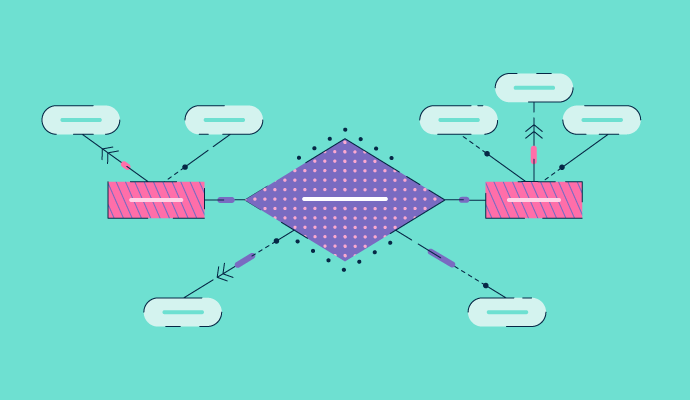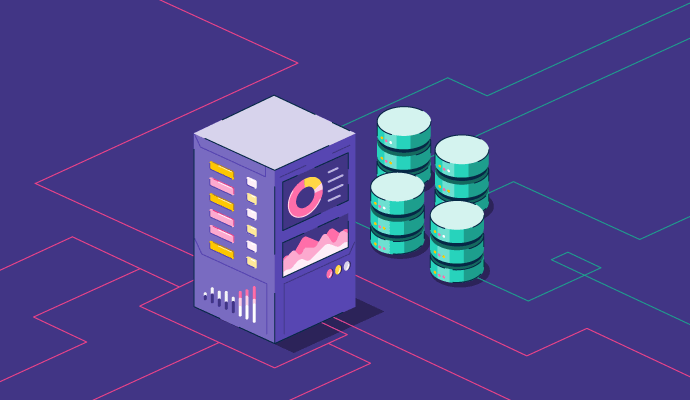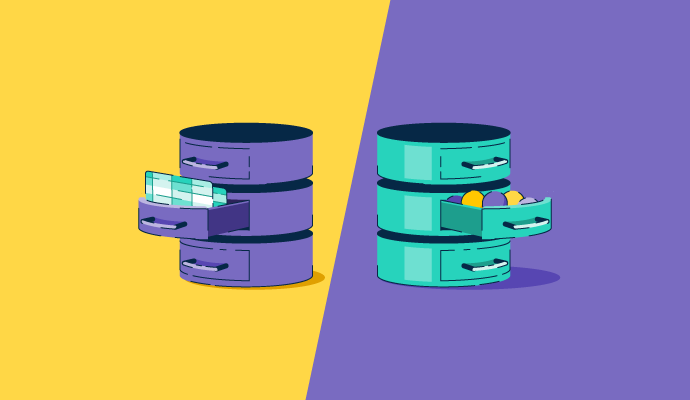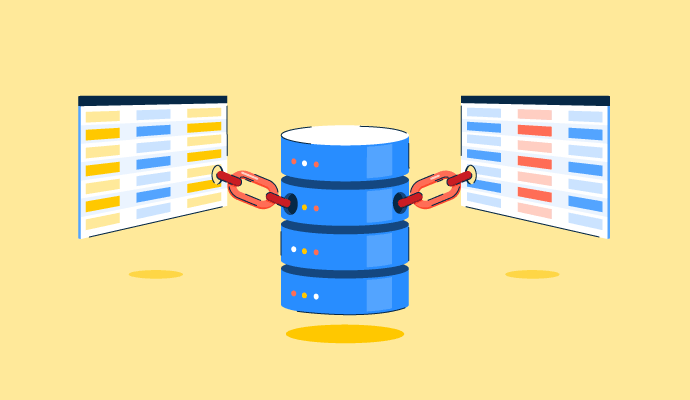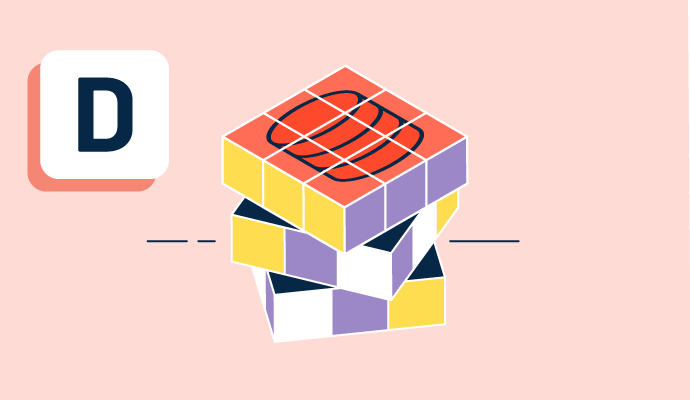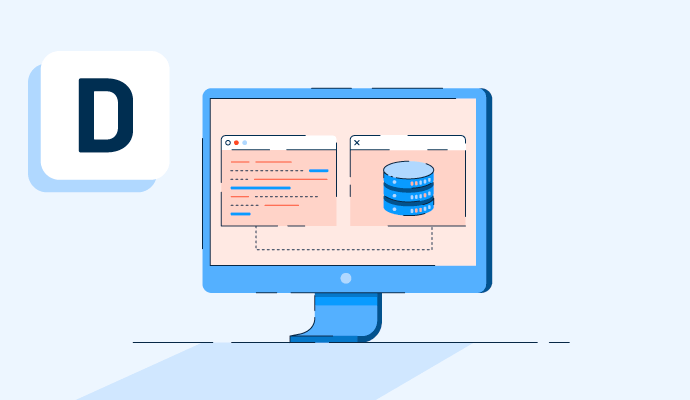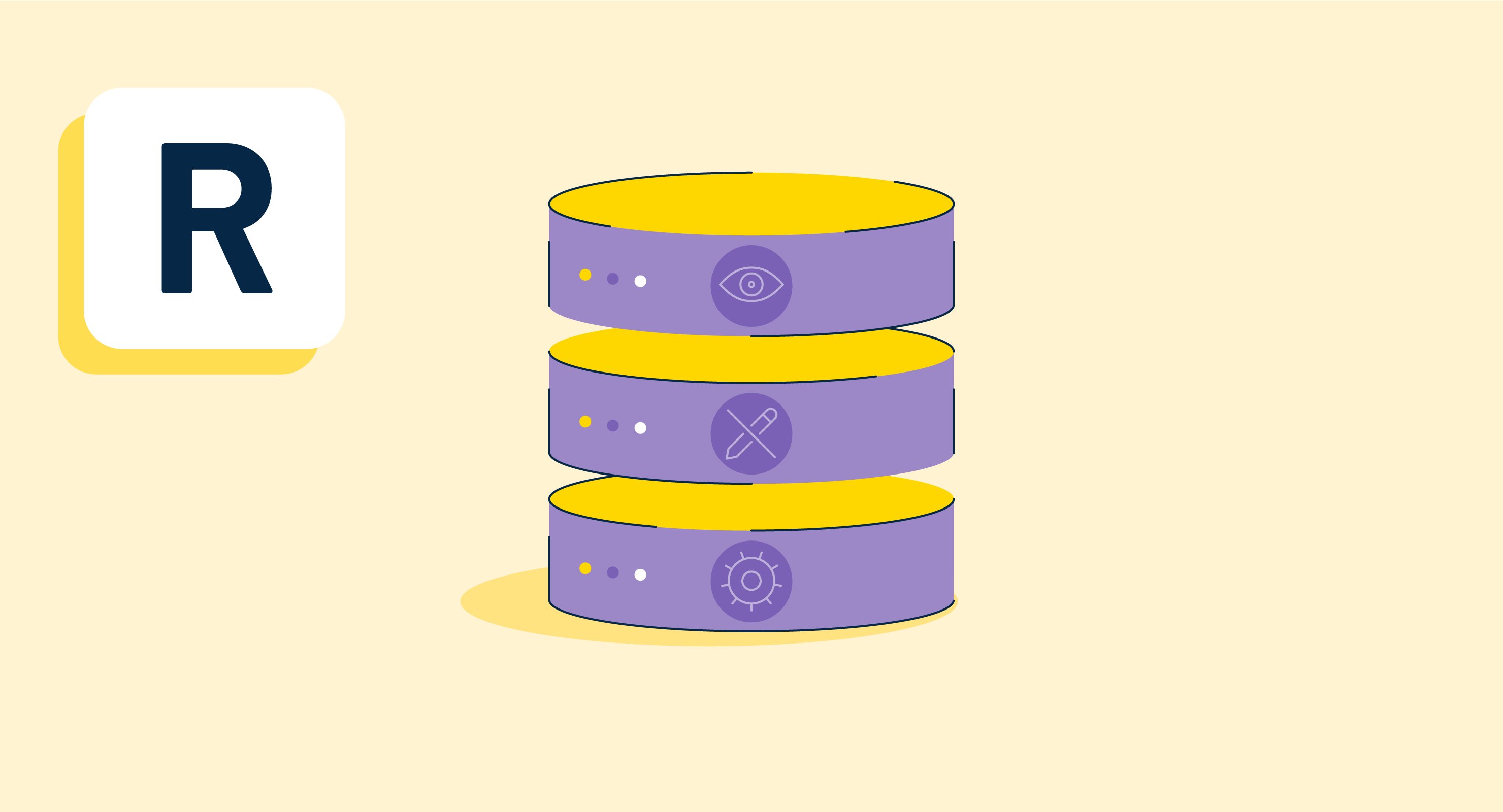Relational Databases Resources
Articles, Glossary Terms, Discussions, and Reports to expand your knowledge on Relational Databases
Resource pages are designed to give you a cross-section of information we have on specific categories. You'll find articles from our experts, feature definitions, discussions from users like you, and reports from industry data.
Relational Databases Articles
What is Database Replication? Everything You Need To Know
Consistent and reliable technology is the backbone of any successful business. While many organizations use multiple desktop and mobile devices, they often rely on a single database for critical operations. So, what happens when that database goes down?
by Holly Landis
Graph Database Vs. Relational Database: Which One Wins?
Data remains an invaluable resource. When processed properly, it fuels savvy business decisions. How you store data has a lot to do with the ways you’re able to further process it.
by Sagar Joshi
What Is an Entity-Relationship Diagram? A Complete Guide
When designing a relational database, engineers create an entity-relationship diagram to represent how different pieces of data are related. These diagrams provide a clear visualization of data relationships, making it easier to understand the overall structure.
by Sagar Joshi
What Is Database Normalization? Types and Examples
Without adequate data collection and analysis, decision-making in any organization often goes haywire.
by Sagar Joshi
Mastering CRUD: Create, Read, Update, and Delete Data Effectively
You’ve probably thought about how data is created and used for web applications, databases, and content management systems. But think about this: do you ever get frustrated by the challenges of managing that data? Slow queries, information scattered across different systems, and a clunky user experience are all too common.
by Samudyata Bhat
SQL vs. NoSQL: What Are the Key Differences?
The choice of SQL vs. NoSQL isn't technical; it's strategic.
by Washija Kazim
What Is a Relational Database? How Does RDBMS Organize Data
Imagine you run an e-commerce store. You have to keep daily track of customer information, order details, and product inventory. Without a proper system in place, chaos is just one sale away.
by Dibyani Das
What Makes DBaaS the Next Big “As a Service” Offering?
Whenever I hear the word database, I picture a mega-sized Oracle system at the back of a building collecting and storing our data. But if only were databases that simple!
by Preethica Furtado
Relational Databases Glossary Terms
Relational Databases Discussions
0
Question on: Microsoft SQL Server
how did you import a MySQL database?I need to import a MySQL database but I can't.
Show More
Show Less
You can use the LinkedServer feature to mySQL database using the provider.
Check here for further details.
https://www.mssqltips.com/sqlservertip/4570/access-mysql-data-from-sql-server-via-a-linked-server/
Show More
Show Less
Try this: https://www.sqlshack.com/migrate-mysql-tables-sql-server-using-sql-server-migration-assistant-ssma-ssis/
Show More
Show Less
You can indeed use the Sqlserver migration assistant. But you might run into problems later on because of collation settings. I prefer to create the datamodel myself in Sqlserver. I then have total control of the type of fields I want to use to optimize the data as good as it can be.
After that, I rebuilt the code in the SQL server that is present in MySQL. Use a linked server connection to MySQL to get the data into Sqlserver.
TSQL and Sqlserver has more features than Mysql to improve performance. You do not want to missout on that one. It is less fun to walk with a horse and carriage on a racetrack.
Cheers
Show More
Show Less
0
Question on: Oracle Database
What is the solution for extracting pdf data stored in DB in clob formatIn my data base we have reports stored in pdf format i need to extract the information from that pdf through sql query
Show More
Show Less
try APEX
Show More
Show Less
0
Question on: Microsoft SQL Server
How can I work on the same query if the connection is lost (timeout) and then I reconnect?When I let the SQL session expire, I try to reconnect again and use the same query file I was working on, but it doesn't let me continue because it's says that I'm not connected to any database. So I have to restart the application, connect again and then the query will work.
Show More
Show Less
When this happens to me in SQL Server Management Studio, I just have to type USE {your database name here} and then select only that statement and execute it. This re-establishes my connection and I can continue to work on my query.
Show More
Show Less
change the timeout of the query; right click a-> server => select properties -> Remote server connections => remote query timeout field. Give a big number there
Show More
Show Less
Depends what you are doing. If you ran a stored procedure than it will finish but that also depends how you coded transaction handling in the stored procedure.
If you are just doing a simple select of an insert and the connection is broken. Then Sqlserver will rollback in case of an insert. A simple select will be terminated. If you want to guarantee the fact that you want to be able to work on after a connection loss then you should transfer your SQL into a stored procedure and in that stored procedure you program that the next time the stored procedure is executed ( after a connection loss) that it will continue the job it was doing by looking into a status table where it can pick up were it left.
Show More
Show Less
You can change the timeout for the query:
In the object explorer, right click a server and select properties.
Go to Remote server connections, look for the remote query timeout field; then type or choose a value from 0 to 2,147,483,647 to establish the maximum number secs that SQL Server will wait before timing out
Show More
Show Less
Relational Databases Reports
Mid-Market Grid® Report for Relational Databases
Winter 2026
G2 Report: Grid® Report
Grid® Report for Relational Databases
Winter 2026
G2 Report: Grid® Report
Enterprise Grid® Report for Relational Databases
Winter 2026
G2 Report: Grid® Report
Momentum Grid® Report for Relational Databases
Winter 2026
G2 Report: Momentum Grid® Report
Small-Business Grid® Report for Relational Databases
Winter 2026
G2 Report: Grid® Report
Enterprise Grid® Report for Relational Databases
Fall 2025
G2 Report: Grid® Report
Small-Business Grid® Report for Relational Databases
Fall 2025
G2 Report: Grid® Report
Mid-Market Grid® Report for Relational Databases
Fall 2025
G2 Report: Grid® Report
Grid® Report for Relational Databases
Fall 2025
G2 Report: Grid® Report
Momentum Grid® Report for Relational Databases
Fall 2025
G2 Report: Momentum Grid® Report
